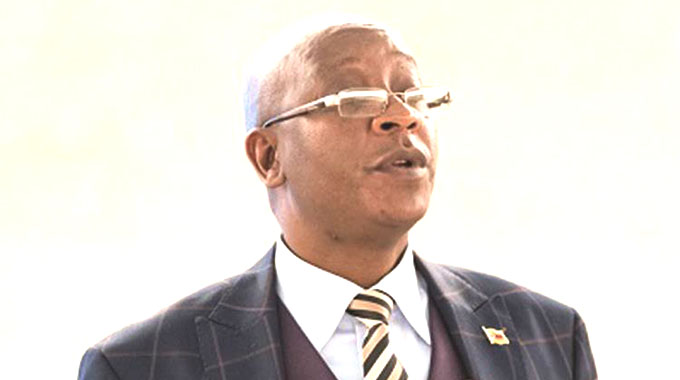Concern over lack of access to national documents

Zvamaida Murwira Senior Reporter
Cultural practices such as demand for lobola and other religious beliefs have acted as barriers for many people to access national documents such as birth certificates, the Zimbabwe Human Rights Commission has said.
Undocumented wives in a union have also seen the collapse of their marriages after the husband gets frustrated by the failure to document children, it has been learnt.
In a report tabled before Parliament last week following a national inquiry into access to national documents, the Commission said Zimbabwe was saddled with several impediments that include cultural, religious and financial factors that have impeded people from accessing the documents.
“Cultural evidence established that when one parent is deceased, particularly the mother, male witnesses reported that they faced difficulties in obtaining birth certificates for their children because the maternal relatives refused to cooperate,” reads the report tabled by Justice, Legal and Parliamentary Affairs Minister Ziyambi Ziyambi.
“There were testimonies of children with deceased mothers who had failed to have their births registered because their maternal relatives insisted on lobola issues being settled first before they availed themselves as witnesses or offered any other form of assistance during the registration process.”
The commission said social and cultural norms were identified as some of the barriers in accessing identity documents.
It said where a mother had no birth certificate, this resulted in failure to register children, even in cases where the father of the child was documented.
“In some instances, this resulted in some husbands divorcing their wives and returning them to their families as they were unable to register their children because they were not documented,” reads the report.
“This was illustrated by a councillor from Mutasa District (Manicaland province) who testified that marriages within her ward were breaking down irretrievably with husbands referring to their un-documented wives as zvidhuura, meaning they were fake owing to non-possession of identity documents.”
Religious beliefs which forbid congregants from giving birth in clinics and hospitals have also presented headache when it comes to procuring identity documents since no birth records would be available.
“Religious beliefs evidence established that some religious beliefs were a barrier in accessing identity documents, particularly for some members of the Apostolic faith sect,” reads the report.
“Members of this congregation do not allow their members to give birth in clinics and hospitals, resulting in non-availability of birth confirmation records for their children.
“Despite the fact that some District Registrar General’s offices had come up with special mechanisms to register children born in such circumstances, some members still refused to comply.
“Through the national inquiry, the ZHRC established that some children born out of wedlock were not registered because their mothers were either unwilling or unable to use their maiden names to register the children. This usually happened in cases where the male family members did not grant them permission to use their surname, although this is not a legal requirement.”
In some cases, fathers of the children were the ones without identity documents, as such they also refused to have the children registered in their mothers’ names.”
Generational challenges were also cited as a barrier to access documents.
“This is whereby individuals failed to have identity documents because their parents, and in some cases grandparents, did not have national identity documents,” reads the report. “It was noted that for some witnesses, these challenges dated back to second and third generations.”
The ZHRC noted that there was need for a flexible policy regarding renewal of documents such as passports where they said it was necessary for one to present himself or herself in person as is the case at the moment.










Comments